Hi there, pet lovers! 🐆💙
For those who adore the wild beauty of big cats like leopards and ocelots but want a pet that fits into domestic life, the Bengal cat is a mesmerizing choice. With their striking spotted coats, athletic builds, and playful personalities, Bengals bring a touch of the jungle into your home—without the impracticality of owning a wild animal.
This comprehensive review covers everything potential owners need to know about Bengal cats, from their unique hybrid origins to their care requirements, temperament, and long-term commitment. Whether you’re a first-time cat owner or an experienced feline enthusiast, this guide will help you decide if a Bengal is the right pet for your lifestyle.
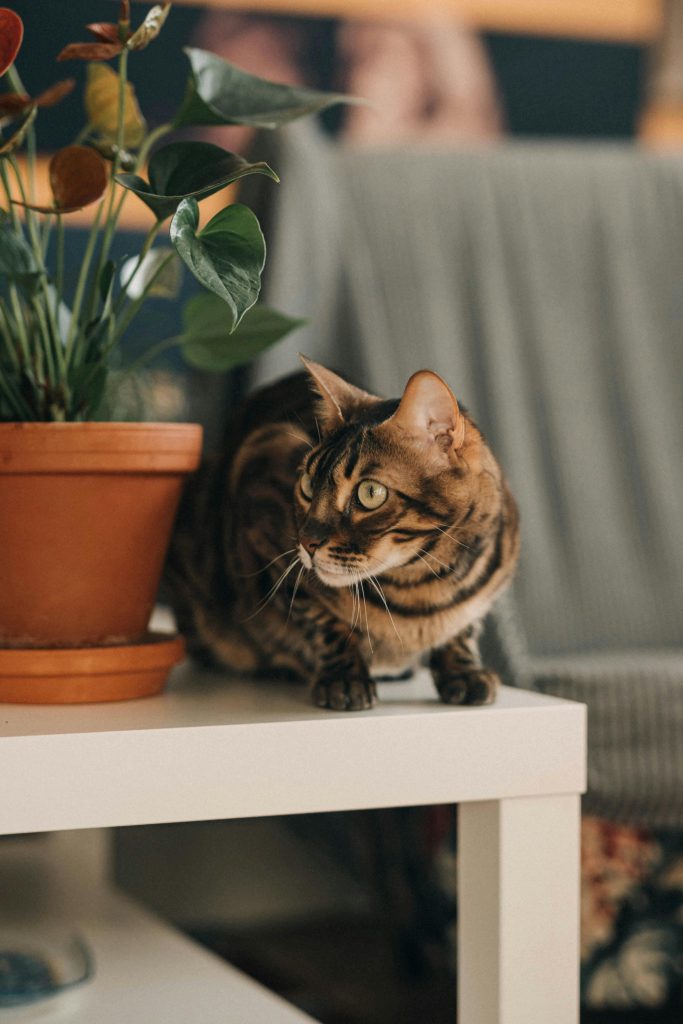
Overview
Bengal cats are a hybrid breed, originally developed by crossing domestic cats with the Asian leopard cat (Prionailurus bengalensis). Known for their wild appearance and energetic personalities, Bengals are intelligent, active, and highly interactive pets.
Here’s a quick summary of what makes them stand out:
- Handling and Temperament: Playful, energetic, and social, but independent like most cats.
- Care and Maintenance: Moderate-maintenance; requires mental stimulation and space to climb.
- Health and Durability: Generally healthy but prone to a few genetic conditions.
- Availability: Widely bred but may be restricted in some areas.
- Cost: Expensive to purchase, with ongoing costs similar to other cats.
- Overall: A captivating pet for those who want an active, visually stunning feline companion.
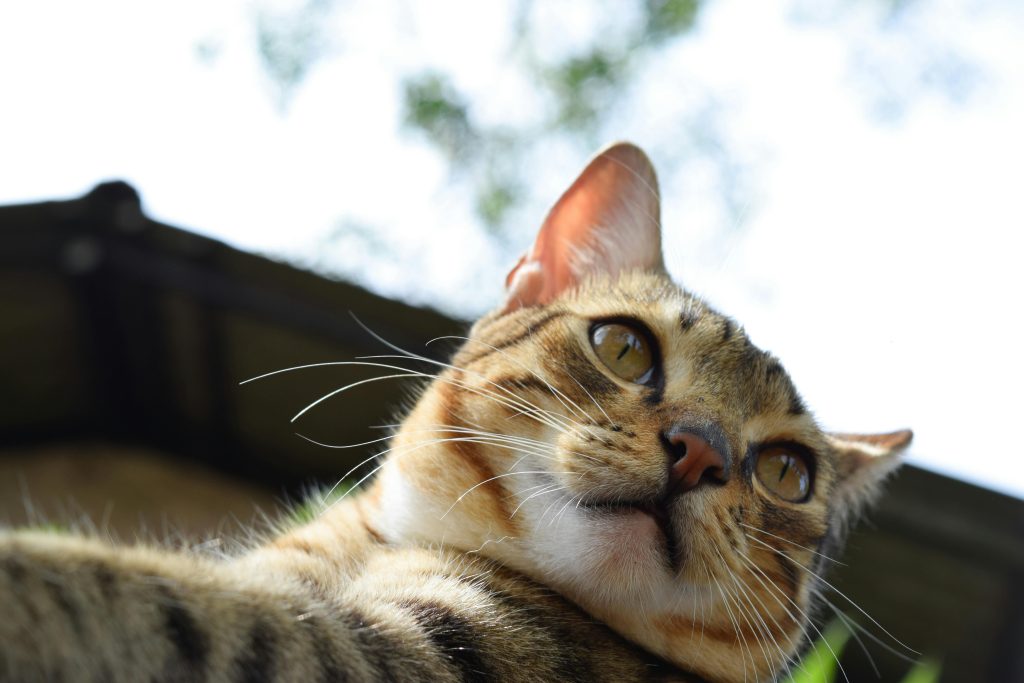
Why Choose a Bengal Cat?
Bengals are ideal for owners who want a high-energy, interactive pet with a wild aesthetic. Unlike typical house cats, Bengals often exhibit dog-like behaviors, such as playing fetch, walking on a leash, and forming strong bonds with their owners. Their low-shedding coats (a bonus for allergy sufferers) and striking patterns make them one of the most visually appealing cat breeds.
However, their high intelligence and need for stimulation mean they aren’t the best fit for passive owners or those who prefer a low-maintenance pet.
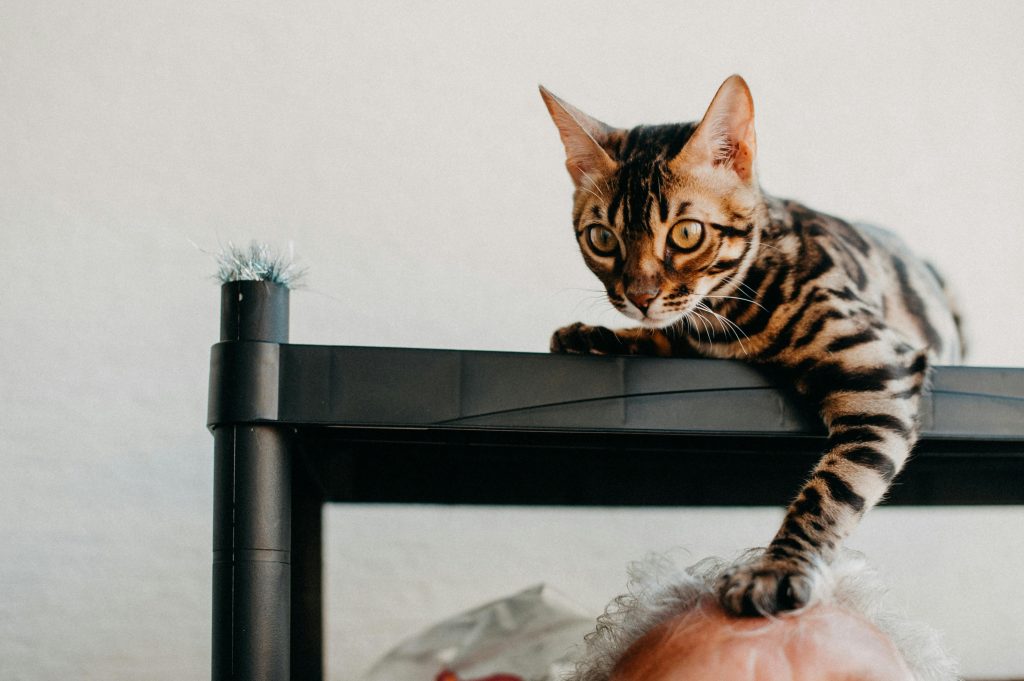
Handling and Temperament
Bengals are not your average lap cats. While affectionate, they are highly active, curious, and demand engagement. Their temperament can vary, but most exhibit the following traits:
Personality Traits
- Playful & Energetic: Bengals love climbing, jumping, and interactive games.
- Social & Bonding: Many form strong attachments to their owners and enjoy companionship.
- Vocal & Communicative: They may “talk” more than other breeds, using chirps and meows.
- Independent Streak: Like all cats, they appreciate their alone time.
Handling Tips
- Engage in Play Daily: Puzzle toys, feather wands, and fetch games keep them stimulated.
- Provide Vertical Space: Cat trees, shelves, and perches satisfy their climbing instincts.
- Avoid Overstimulation: Some Bengals may become nippy if overexcited.
- Leash Training Possible: Many adapt well to harnesses for outdoor adventures.
Biting and Scratching
While not aggressive, Bengals have high prey drives and may play rough. Early socialization helps curb excessive scratching or biting.
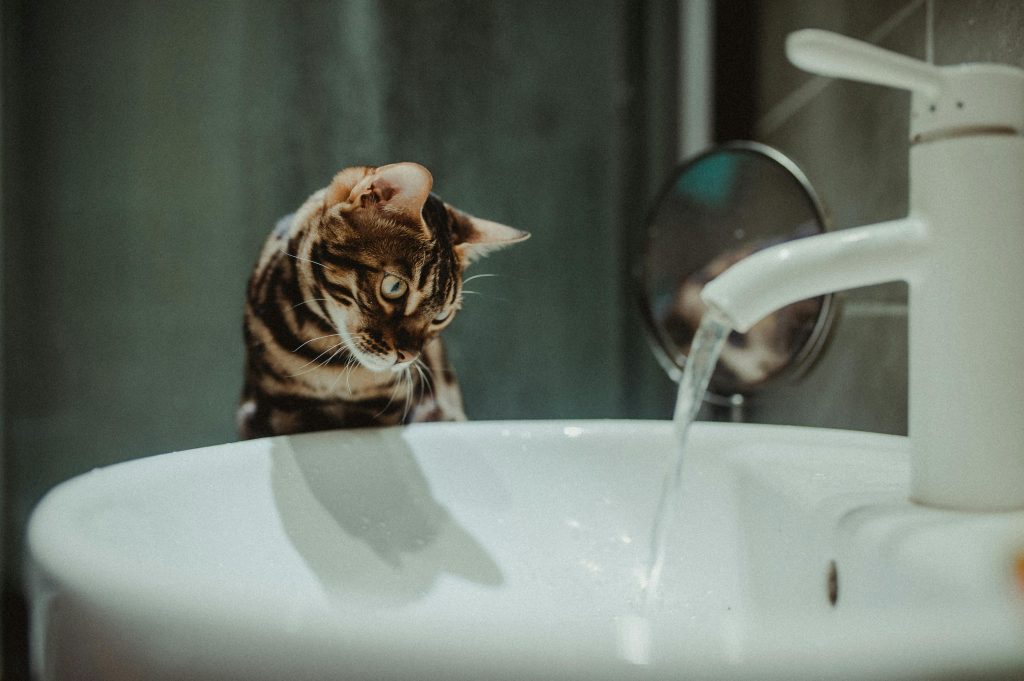
Care and Maintenance
Bengals are moderate-maintenance pets—easier than dogs but more demanding than some cat breeds.
Enclosure & Environment
- Space Needs: A large, cat-proofed home is ideal. They thrive in environments with climbing structures.
- Litter Box: Cleanliness is crucial—many Bengals are picky about dirty litter.
- Scratching Posts: Essential to protect furniture from their strong claws.
Diet & Feeding
- High-Protein Diet: A mix of quality dry kibble and wet food supports their energy levels.
- Raw or Fresh Food Options: Some owners supplement with raw meat (consult a vet first).
- Avoid Overfeeding: Bengals are active but can gain weight if overfed.
Grooming
- Low-Shedding Coats: Weekly brushing minimizes loose hair.
- Nail Trimming: Regular clipping prevents accidental scratches.
- Bathing (Occasionally): Some Bengals enjoy water and can be bathed if needed.
Temperature & Environment
- Room Temperature is Fine: No special heating/cooling needed.
- Safe Outdoor Access: If allowed outside, supervised or leash-only to prevent escapes.
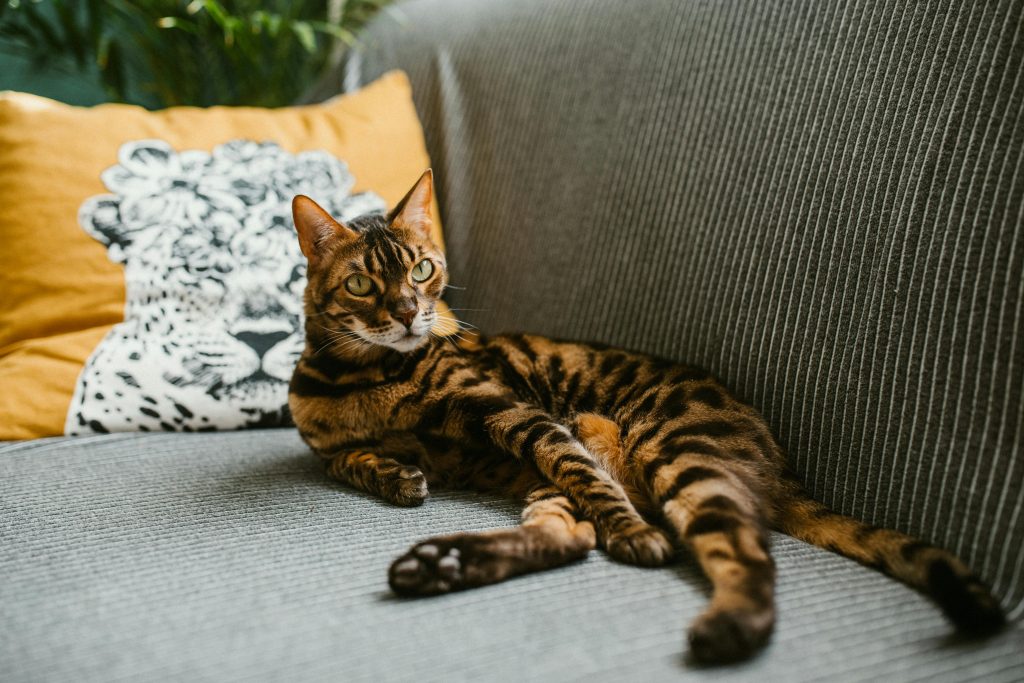
Health and Durability
Bengals are generally healthy, but their hybrid lineage can introduce some genetic concerns.
Common Health Issues
- Hypertrophic Cardiomyopathy (HCM): A heart condition requiring regular vet checks.
- Progressive Retinal Atrophy (PRA): A degenerative eye disease.
- Pyruvate Kinase Deficiency (PK Def): A blood disorder affecting red blood cells.
Preventative Care
- Regular Vet Visits: Annual check-ups help catch issues early.
- Genetic Testing: Reputable breeders screen for HCM, PRA, and PK Def.
- Dental Care: Brush teeth regularly to prevent periodontal disease.
With proper care, Bengals live 12-16 years, sometimes longer.
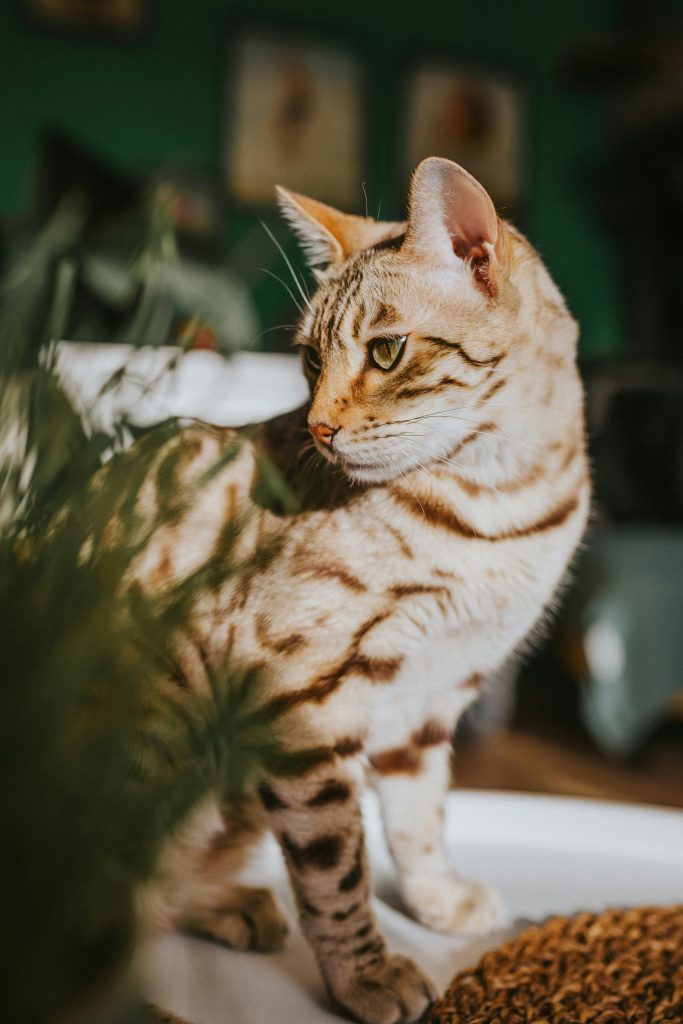
Availability and Cost
Where to Buy
- Reputable Breeders: The best option for healthy, well-socialized kittens.
- Rescues & Shelters: Occasionally, adult Bengals are available for adoption.
- Avoid Pet Stores: Many source from unethical breeders.
Cost Breakdown
- Kitten Price: $1,500 to $5,000+ (depending on lineage and coat pattern).
- Initial Setup: $200 to $500 (litter box, toys, scratching posts, etc.).
- Ongoing Costs: Food, vet care, and enrichment (~$50 to $100/month).
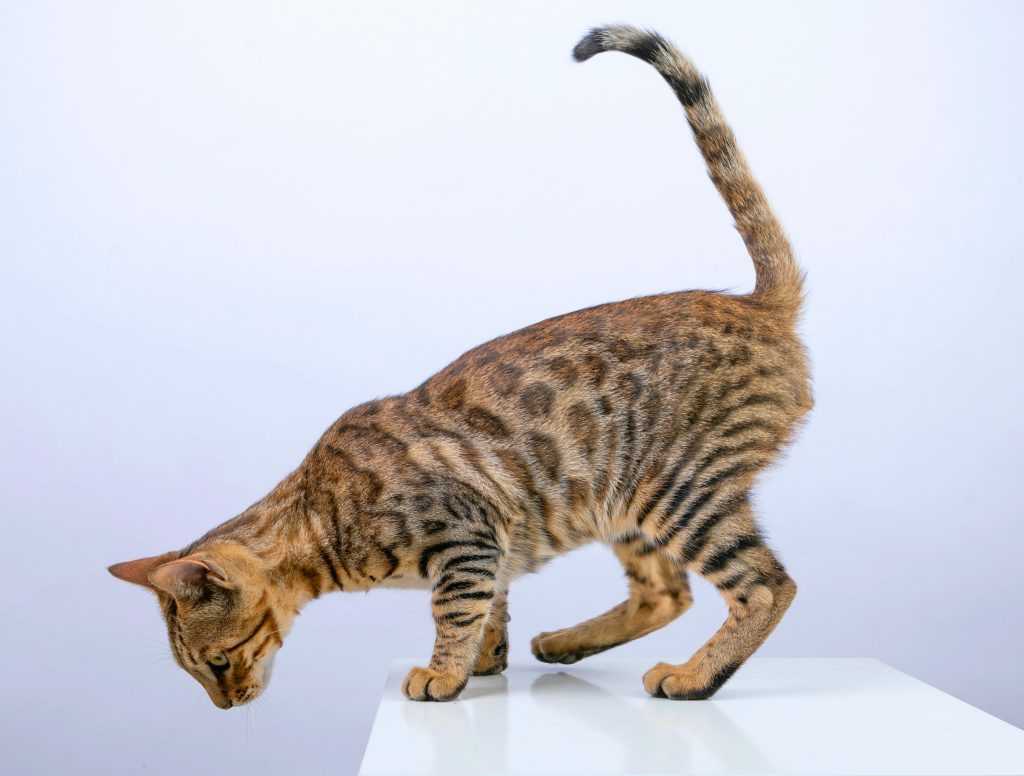
Pros and Cons
Pros
✔ Stunning, wild-like appearance
✔ Highly intelligent and trainable
✔ Low-shedding coat (good for allergies)
✔ Active and playful—great for interactive owners
Cons
✖ Expensive to purchase
✖ Needs lots of mental and physical stimulation
✖ May be restricted in some areas (check local laws)
✖ Can be destructive if bored
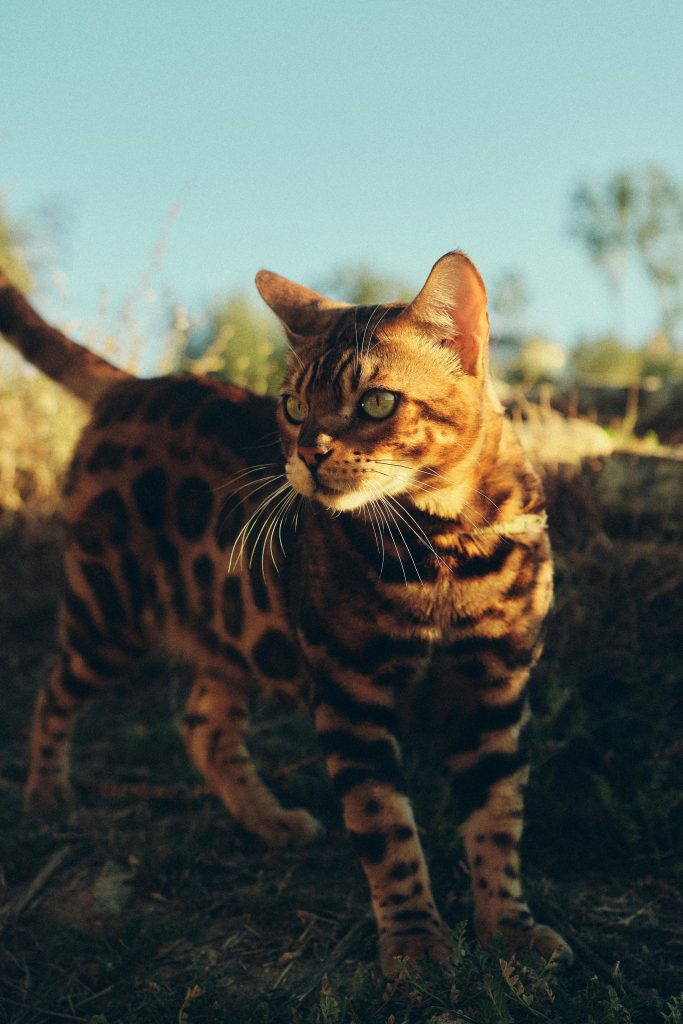
Final Thoughts
Bengal cats are exceptional pets for the right owner—someone who enjoys an active, engaging companion. Their wild beauty, intelligence, and playful nature make them a joy to live with, but they require time, attention, and proper care to thrive.
If a Bengal fits your lifestyle, you’ll be rewarded with a loyal, entertaining, and breathtakingly beautiful feline friend. Always source from ethical breeders and be prepared for a long-term commitment.
What are your thoughts ? Let us know in the comments below.
For more pet guides, care tips, and breed reviews, stay tuned to our blog! 🐆💙

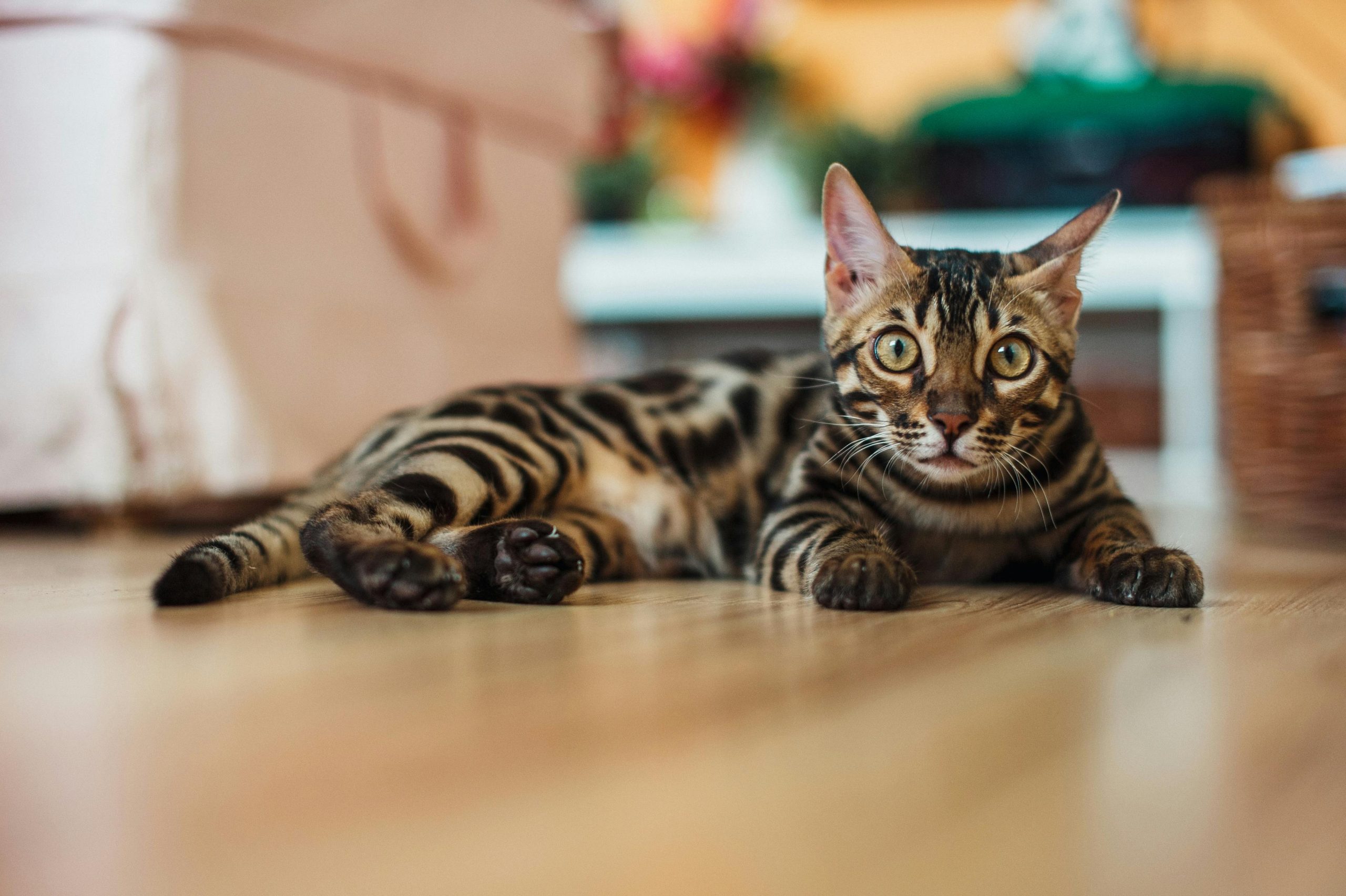

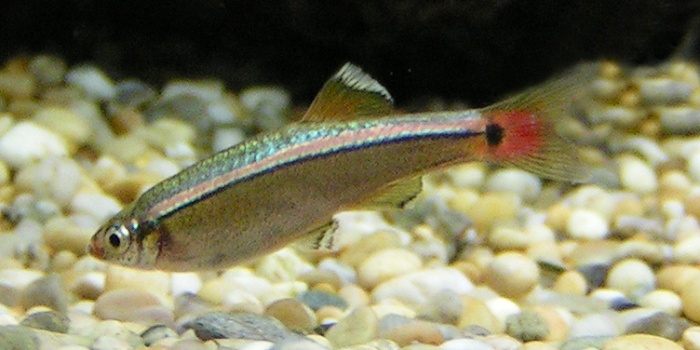
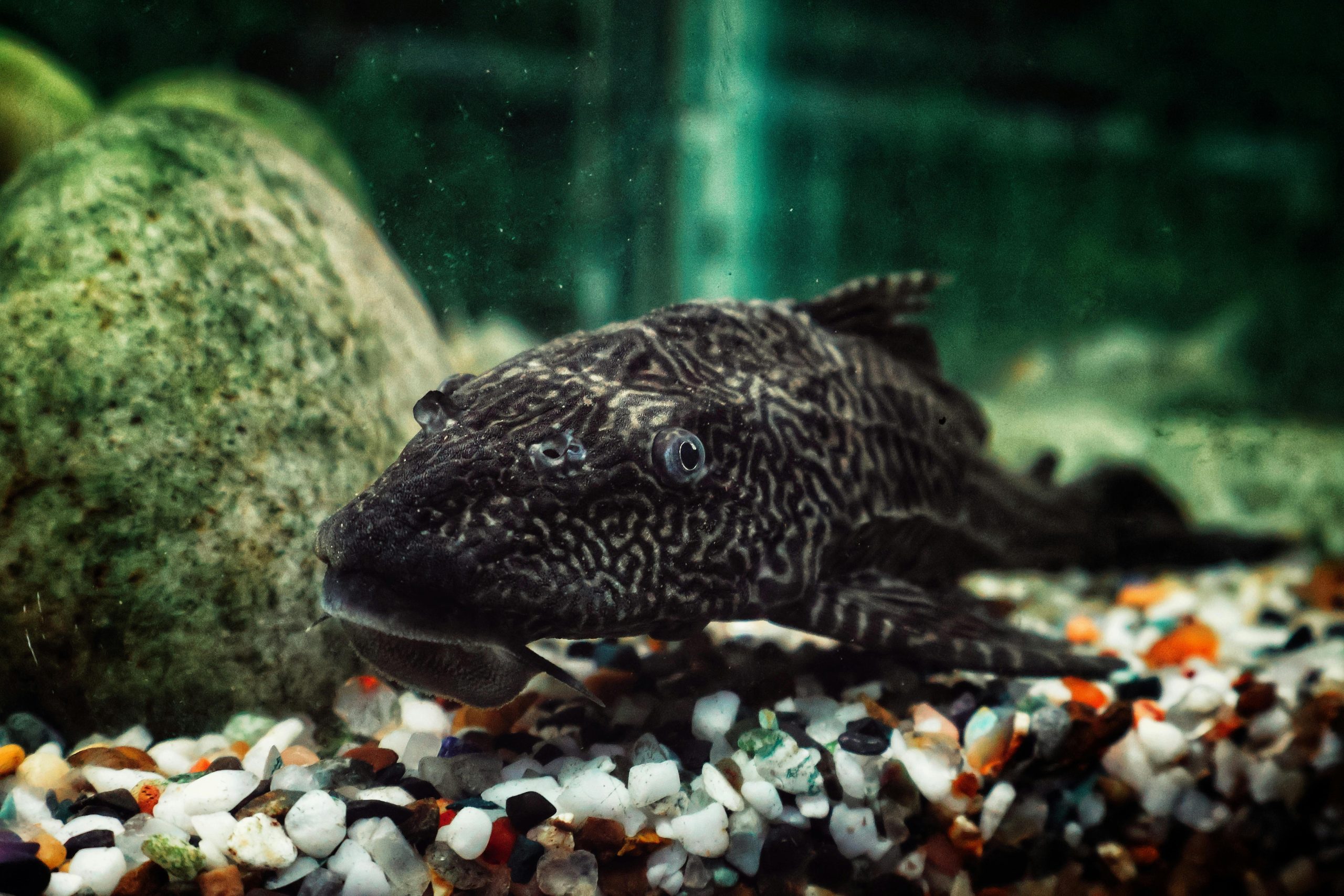
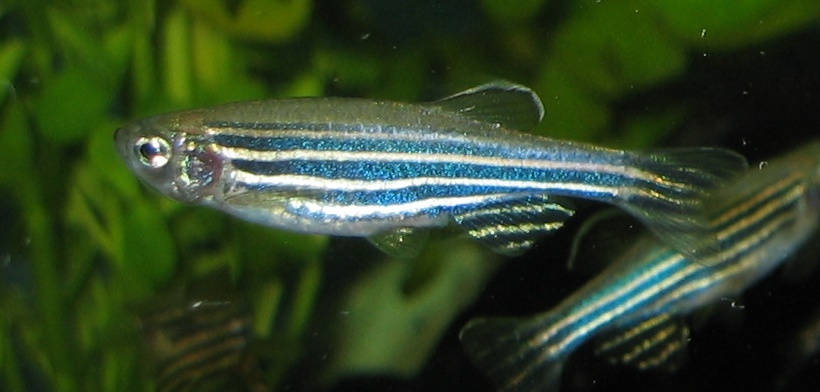
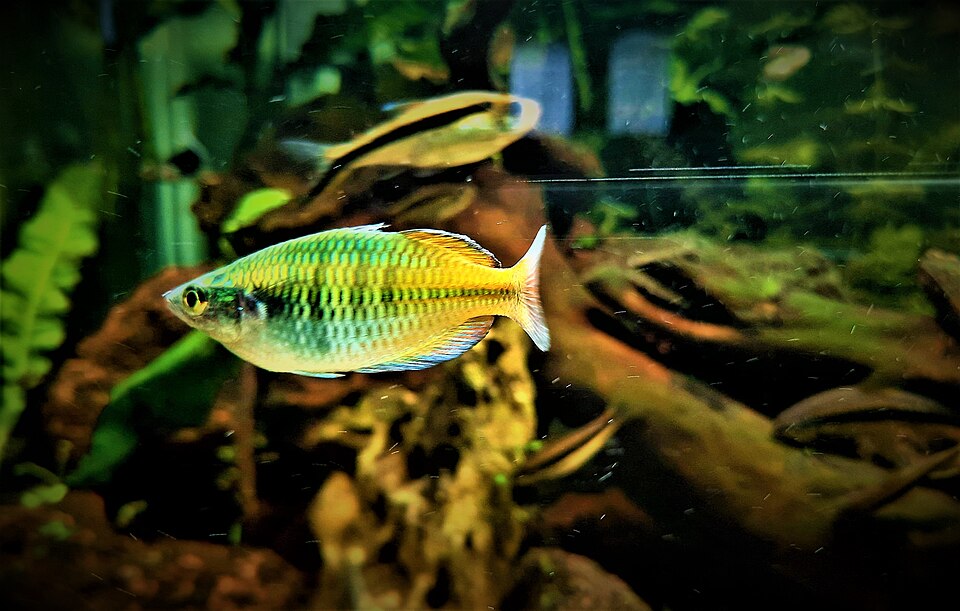
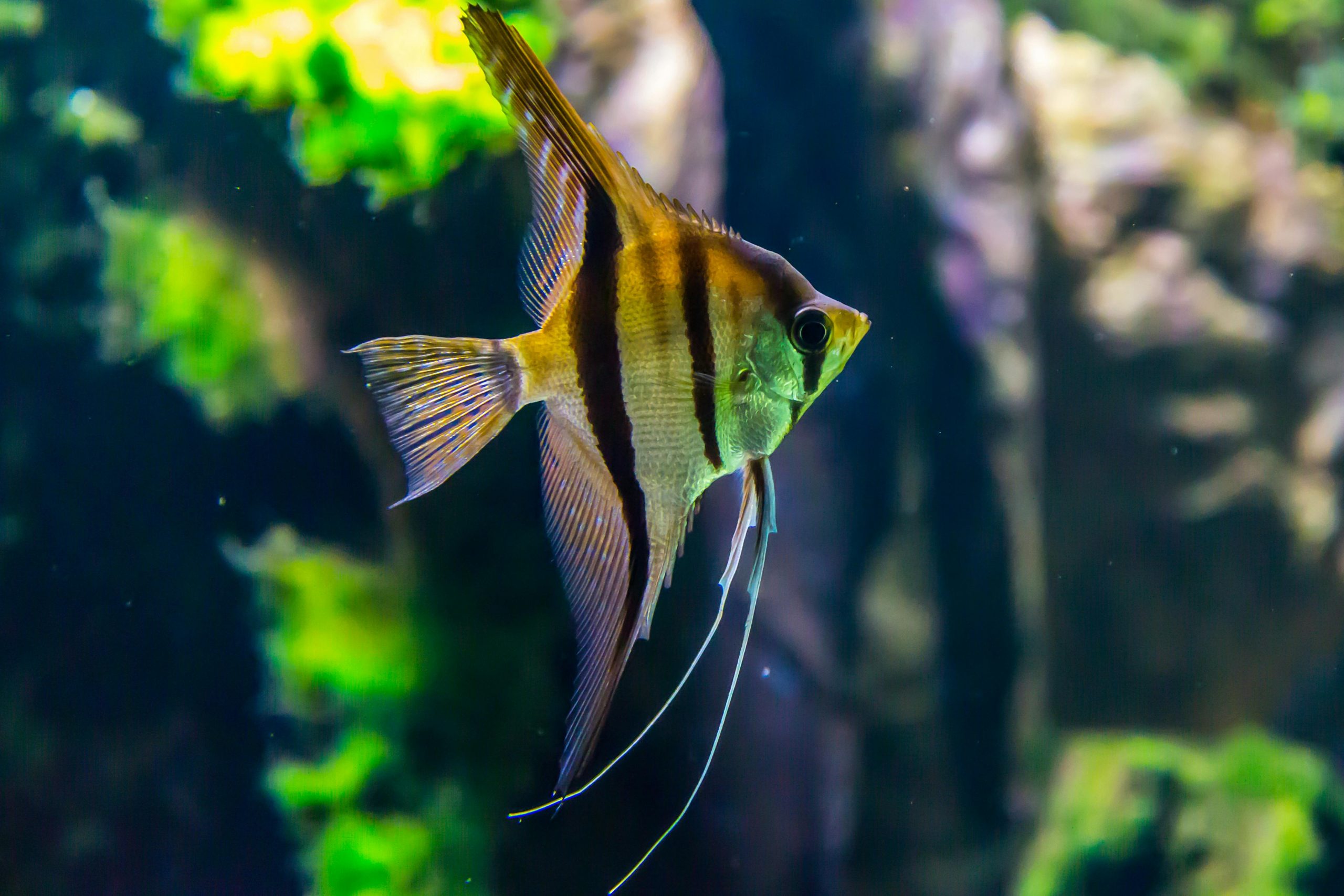
Leave a Reply